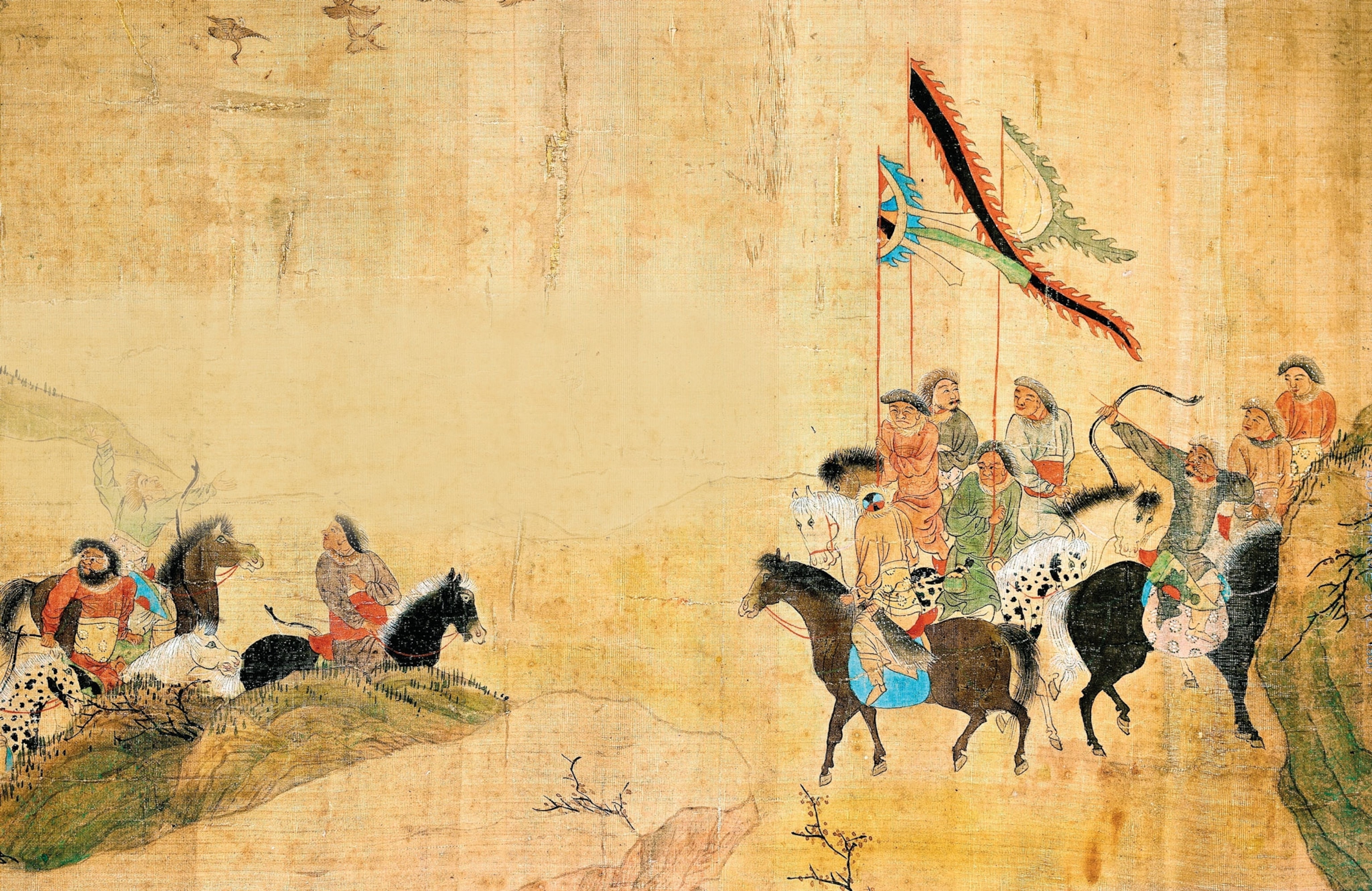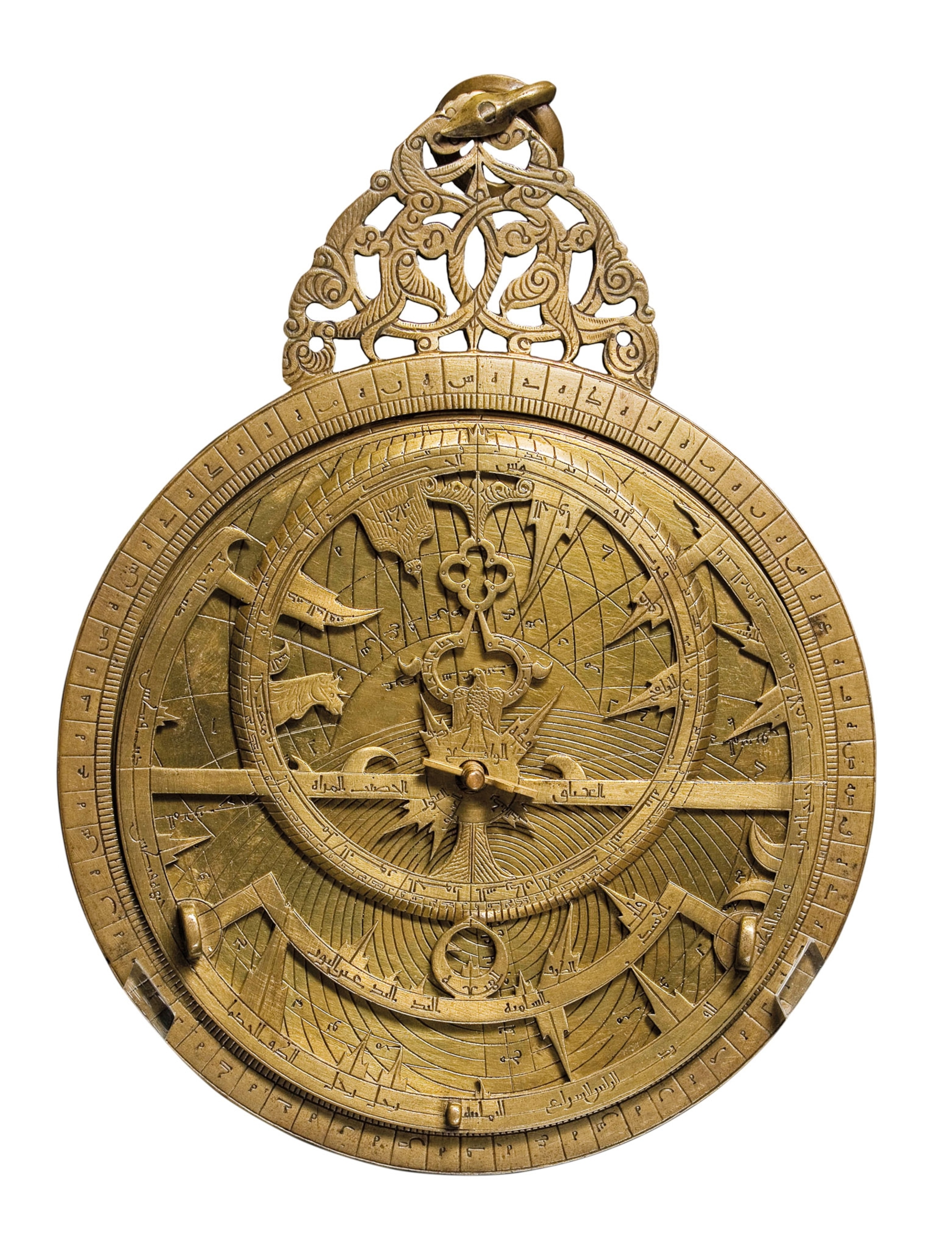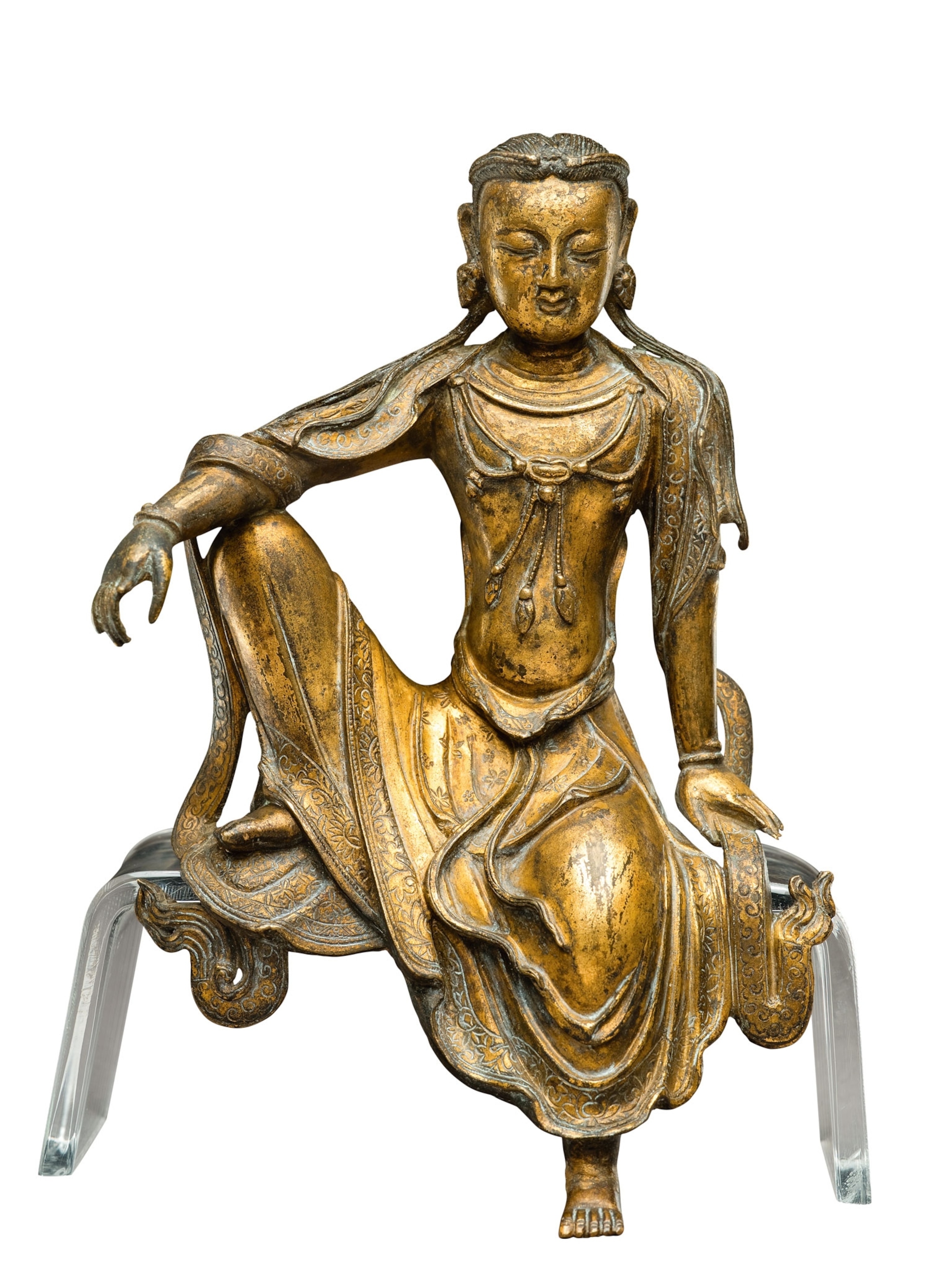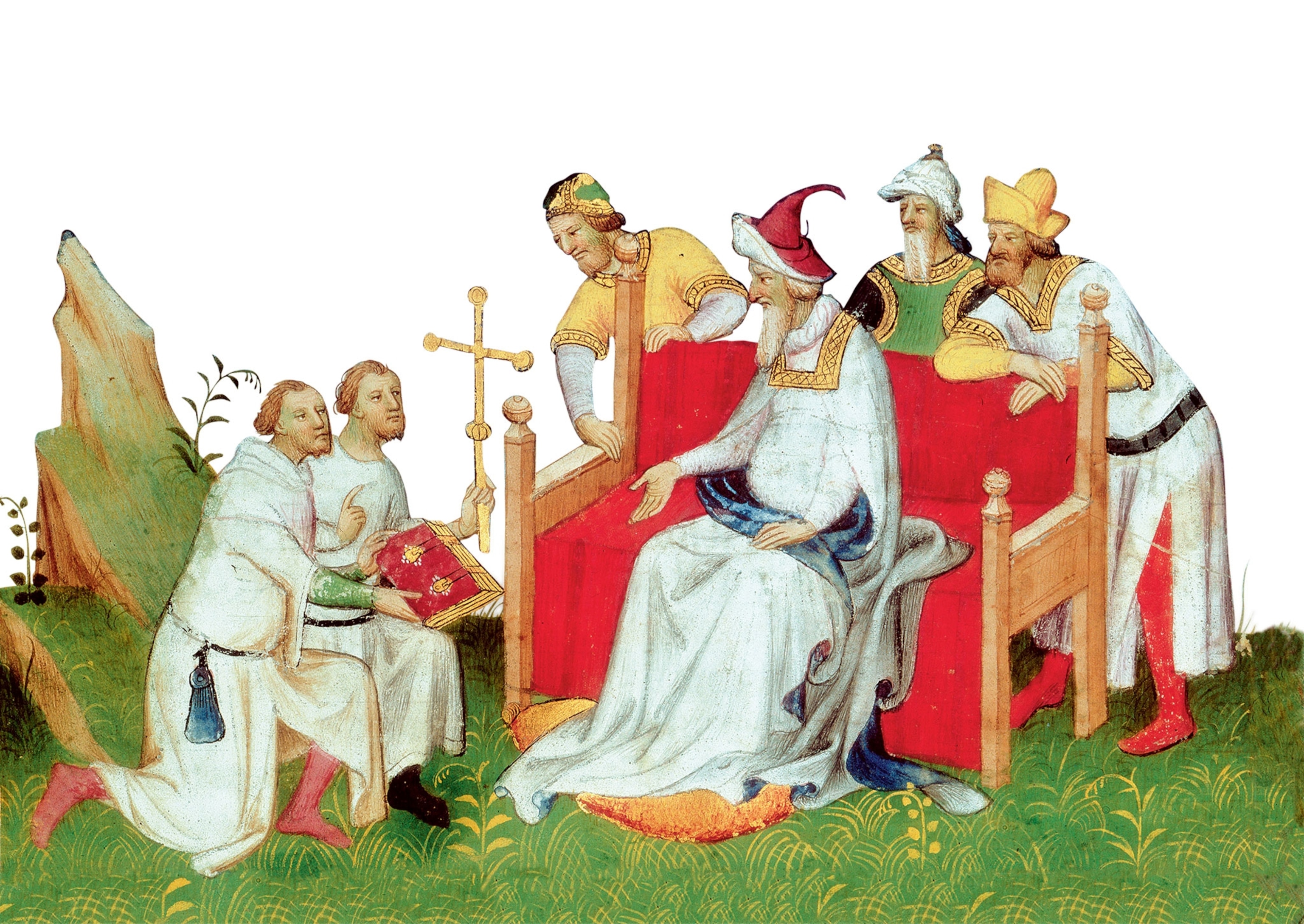Kublai Khan did what Genghis could not—conquer China
Leading the Mongols to defeat China, Kublai Khan fulfilled his grandfather's ambitions to rule one of history’s largest empires.

When the fourth Mongol great khan, Möngke, died in 1259, his brother, Kublai, never doubted who was his rightful successor. While Möngke had been expanding Mongol rule into Syria in the far west, Kublai had proved to be a brilliant general, conquering a swath of what is now southwestern China as well as modern-day Vietnam. He had proved his mettle, but there were others who sought to rule.
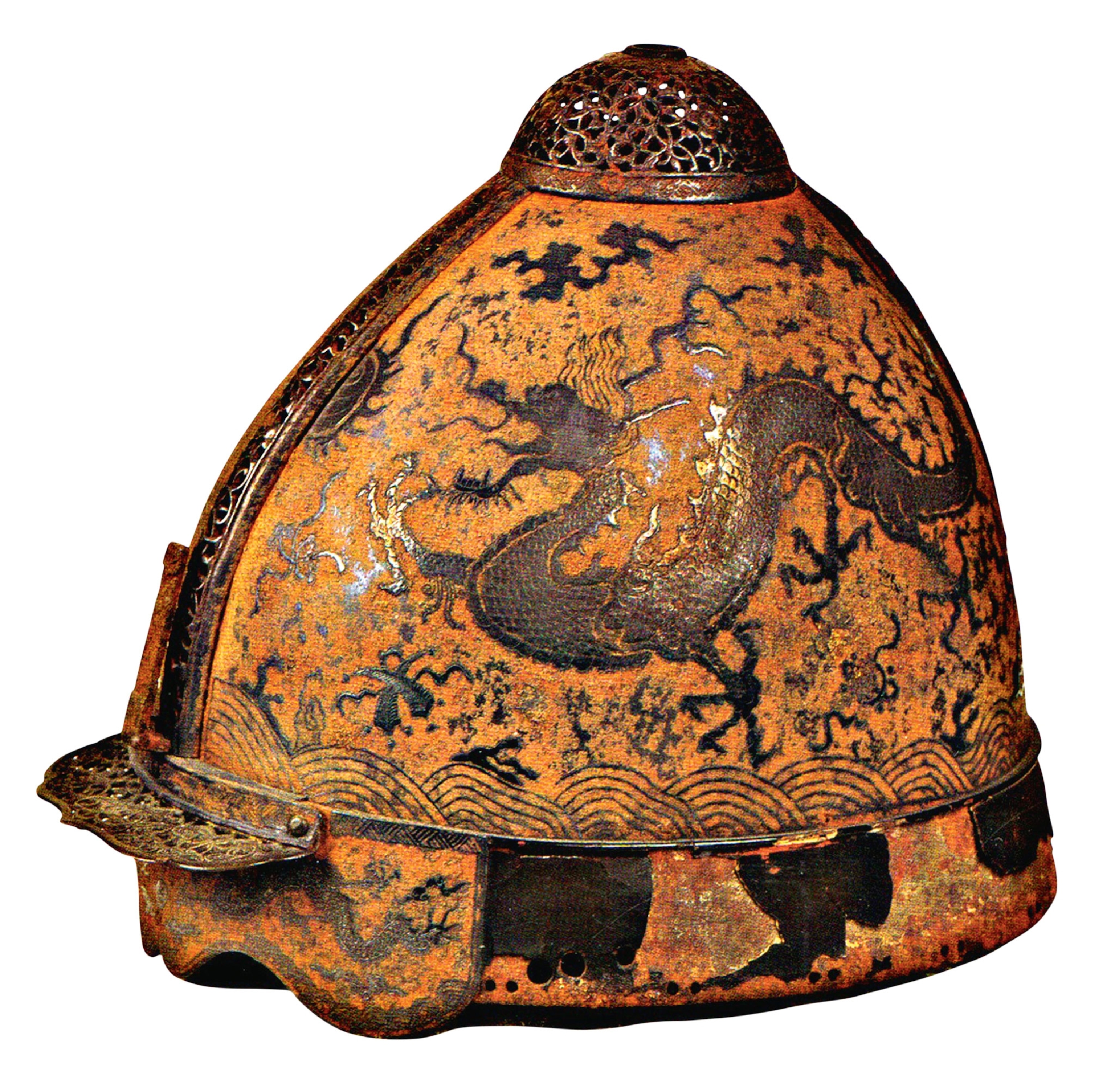
News reached Kublai that another of his brothers, Arigböge, also wanted to proclaim himself emperor. Kublai, then age 45, hastily made his way to his residence at Shangdu (later immortalized as Xanadu in Samuel Taylor Coleridge’s famous poem “Kubla Khan”) to decide what to do next. (Out of Eden: National Geographic Explorer Paul Salopek reports from Xanadu.)
Kublai knew that whoever succeeded Möngke would need formidable diplomatic as well as military skills to hold together a colossal patchwork of lands that stretched from northern China through Persia to Russia. To face down the threat from Arigböge he chose an impressive ritual that would give him unshakable legitimacy. After consulting his advisers, Kublai decided to cement his claim by casting the I Ching, an ancient Chinese system of divination with links to both Confucianism and Taoism. The solemn rite revealed that Kublai would achieve sublime success if he persevered along the correct path.
Kublai’s decision to choose a Chinese tradition rather than a Mongol one is a potent reminder of what would become a lifelong dilemma. Kublai was driven by the unrealized dream of his grandfather, the fearsome conqueror Genghis Khan, who desired to unite the whole of China under Mongol rule. Kublai knew that subduing China was one thing, but ruling it would be another. It would require a delicate balancing act of appealing to his new Chinese subjects while maintaining the Mongol loyalty.

The I Ching ritual and its choreographed blend of piety and politics paid dividends: Kublai took power as Kublai Khan, defeated Arigböge four years later, and became the sole ruler of the world’s largest contiguous land empire, stretching from the Pacific Ocean to the Black Sea.
Raising a Khan
In 1206 Genghis Khan united the tribes of the Mongol steppe and set their warlike sights far beyond their homeland. When Genghis died in 1227, they had all but conquered the Jin dynasty of northern China, and swaths of Central Asia. (Tree rings reveal Genghis Khan's secret ally was rain.)
Khan means “ruler,” and was often written as khagan—the great khan. On Genghis’s death, his son, Ögödei, became the second khagan, whose own son, Güyük, became the third. In 1251 the succession passed to Möngke, son of Genghis’s son Tolui.
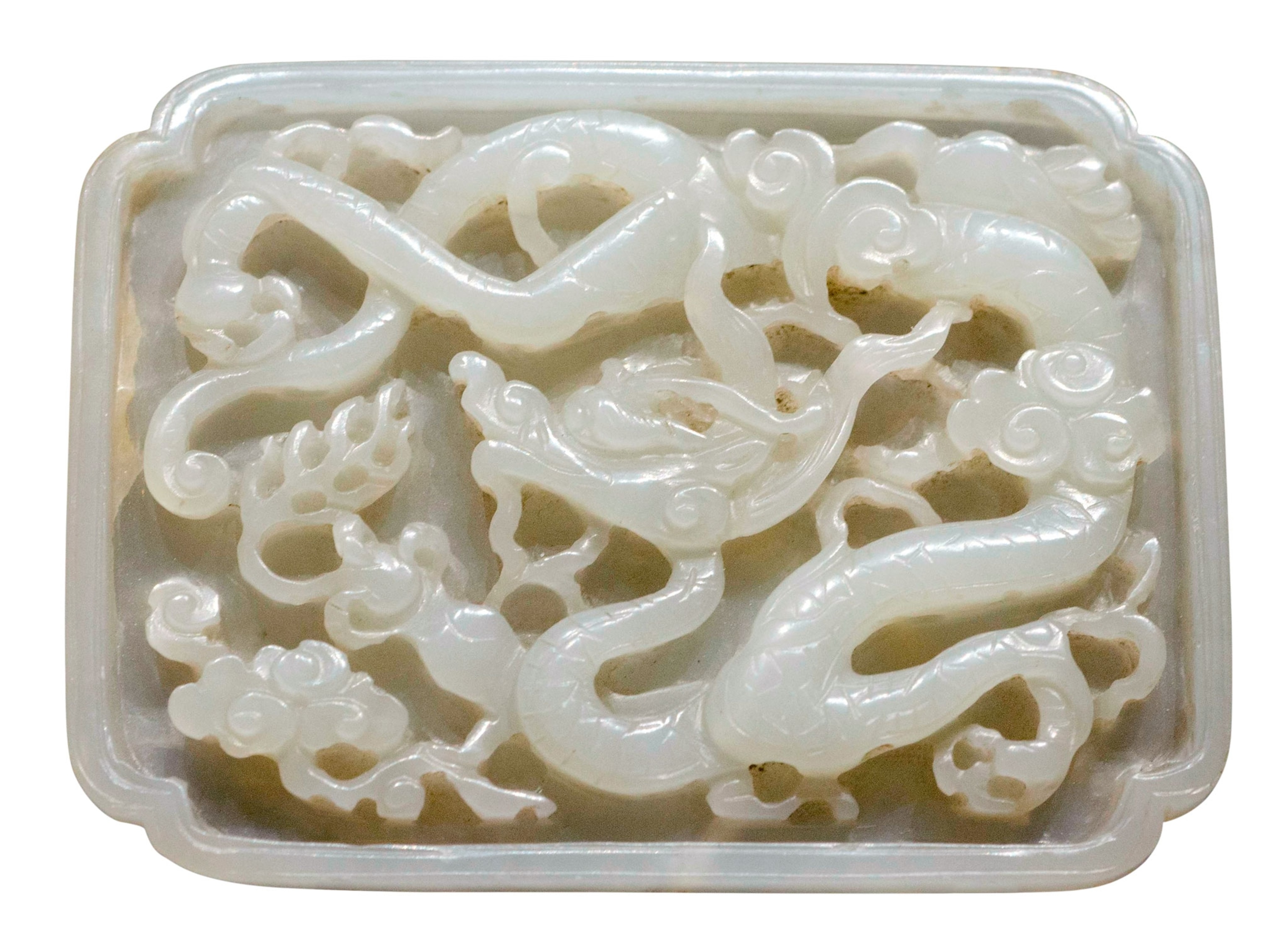
Kublai, Möngke’s brother, was born in 1215. Their mother was Sorghaghtani, a member of an eastern Christian denomination. As Tolui’s wife, she orchestrated dynastic politics with supreme skill, ensuring that Möngke succeeded as the fourth khagan in 1251. She also played a crucial role in shaping Kublai.
Sorghaghtani ensured Kublai was taught Mongol traditions. She encouraged toleration of other faiths, including Islam, and employed Chinese tutors so that Kublai could learn the local traditions and the foundations of Buddhism and Taoism. This multicultural education later helped him understand the importance of tolerating a conquered region’s traditions and faiths.
As a warrior, Kublai showed himself a grandson of Genghis Khan. When Möngke became khagan in 1251, Kublai participated in his brother’s territorial expansion, a process driven by the tried-and-tested Mongol methods of extreme brutality.
Trusted advisors

Compared to other cultures, Mongol women during the time of Kublai Khan enjoyed higher social status within their society. They enjoyed more rights, including the ability to own and inherit property. Historians attribute their position to the Mongols’ nomadic origins. When warriors were away on horseback, women organized and ran the camps. From commoners to nobility, women were encouraged and expected to be capable administrators. Kublai’s mother, Sorghaghtani, raised her sons to value education and the lessons of other cultures. Kublai’s wife, Chabi, was no different. A woman of intelligence, independence, and open-mindedness, her traits complemented Kublai’s priorities as a leader, and the two became a power couple. Chabi’s ability to navigate Chinese and Mongol culture helped her husband to do the same.
Tensions and triumph
Following his proclamation as khagan in 1260, Kublai had to deal decisively with Arigböge’s claim to the throne before he could return to campaigning. Internal tensions were becoming as much of a threat as external enemies. Despite the solemnity and power attached to the title of khagan, Kublai’s accession marked the beginning of the splintering of the Mongol lands into sub-khanates: the Golden Horde on the Volga, the Chagatai Khanate in Central Asia, the Ilkhanate based in Iran, and the Chinese territories ruled by Kublai himself.
After Arigböge’s defeat in 1264, Kublai resumed his military campaigns against the Song dynasty in southern China three years later. Ruling a populous territory of around 50 million inhabitants, the Southern Song had developed an innovative culture that carried out the first experiments in movable type long before printing techniques reached Europe. A flourishing economy boosted the growth of its cities, some of whose populations peaked at more than one million people. To Kublai, the lands of the Song seemed ripe for the taking.
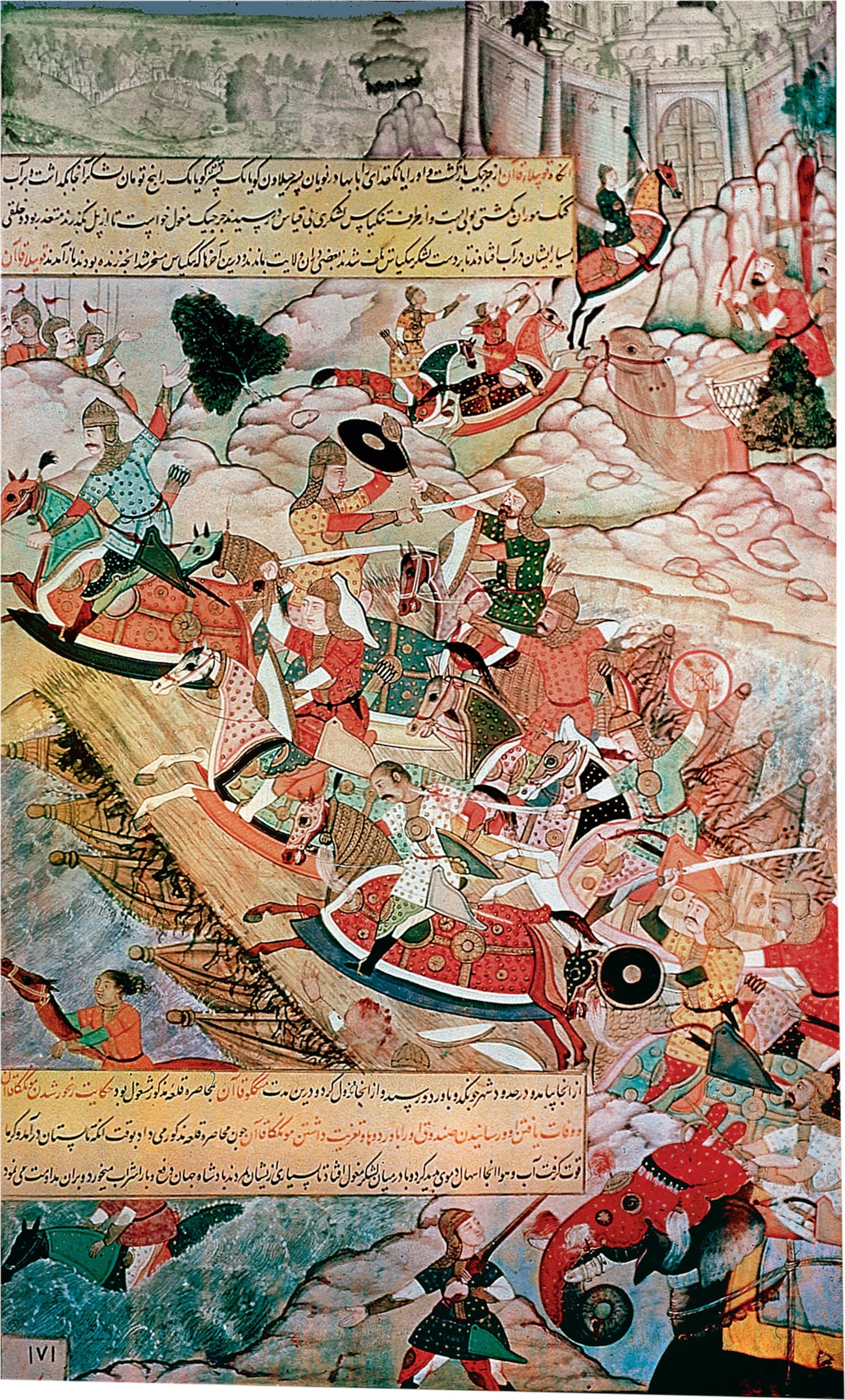
The Song had already resisted Mongol aggression for many years. They had skilled military commanders, gunpowder, and excellent military hardware, including siege engines. When Kublai resumed hostilities, it was clear that the endgame was looming. (The Great Wall of China was built to keep invaders out. Did it work?)
The war was long and grueling. Knowing Kublai’s strength lay in the fast Mongol cavalry attacks over open ground, the Song exploited his weaknesses by withdrawing into heavily fortified positions. Long, protracted sieges unfolded. Kublai began a campaign of coastal assaults to cut off the enemy’s supply routes. It was a risky tactic for a commander rooted in the culture of the steppes.
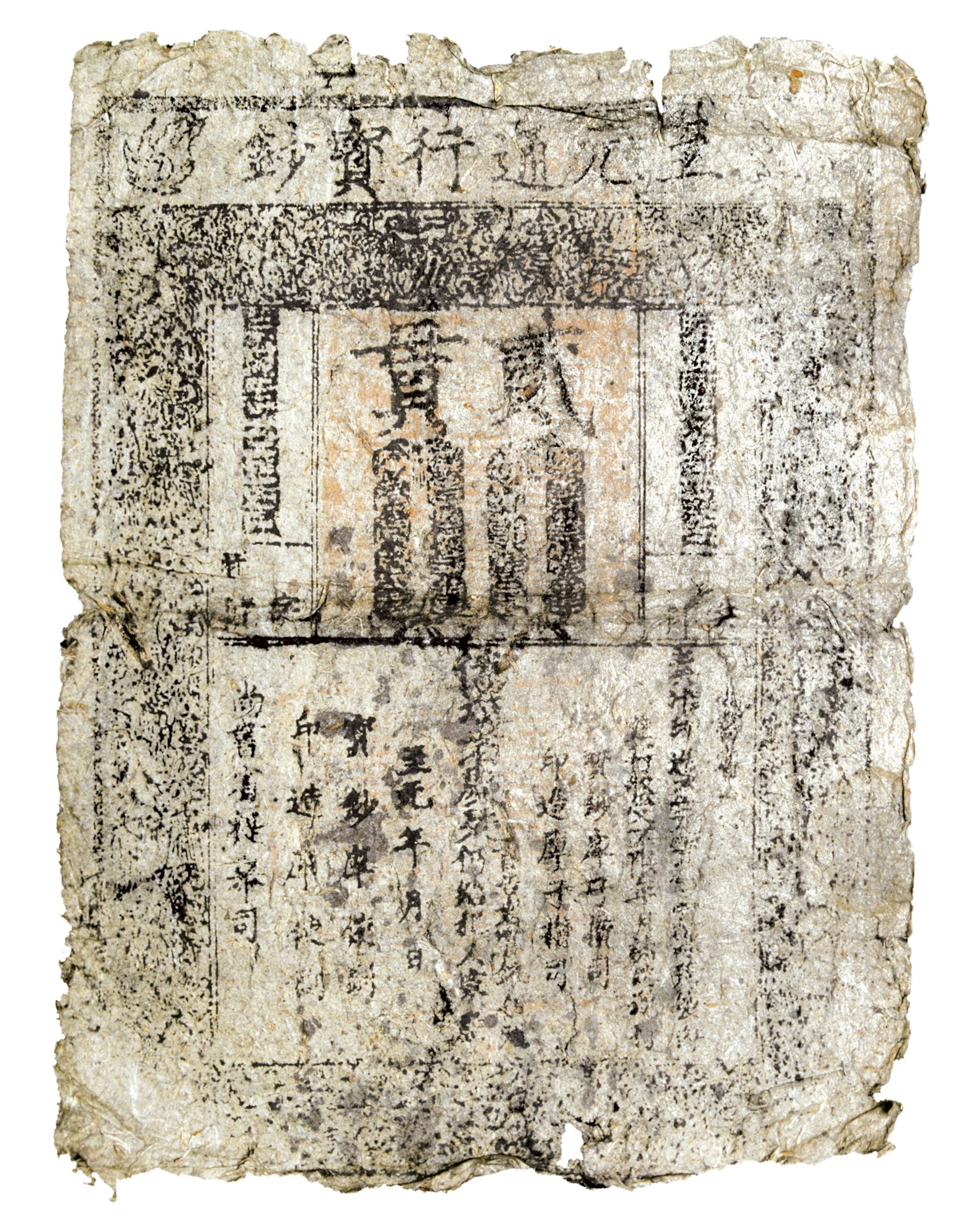
By 1273 Mongol perseverance led to the fall of the fortified city of Xiangyang. Little by little the rich Southern Song realms began to fall apart politically. In 1279 the Southern Song finally fell to Kublai Khan, and for the first time in several centuries China was united.
New beginnings
As Kublai Khan captured more and more of the Song lands, he declared his reign to be a new dynasty for China. In 1271 Kublai established himself as emperor of the Yuan, meaning “Great Origin.” Drawing on his education and his current advisers, Kublai knew it was even more important to embrace Chinese culture. He adopted Chinese dress and customs, incorporated Chinese methods of governing and management, and assembled a team of local advisers to help him administer the country.
One of the most important of these was Liu Bingzhong. At the beginning of Kublai’s reign, Liu had persuaded the khagan to transfer the Mongol capital from Karakorum to Shangdu, anticipating the increasingly Chinese flavor of Kublai’s rule. Constructed for both government and business, its lavish facilities deeply impressed the Venetian traveler Marco Polo when he met Kublai. (Marco Polo's odyssey introduced Europe to the wonders of Asia.)
“In Xanadu did Kubla Khan…”
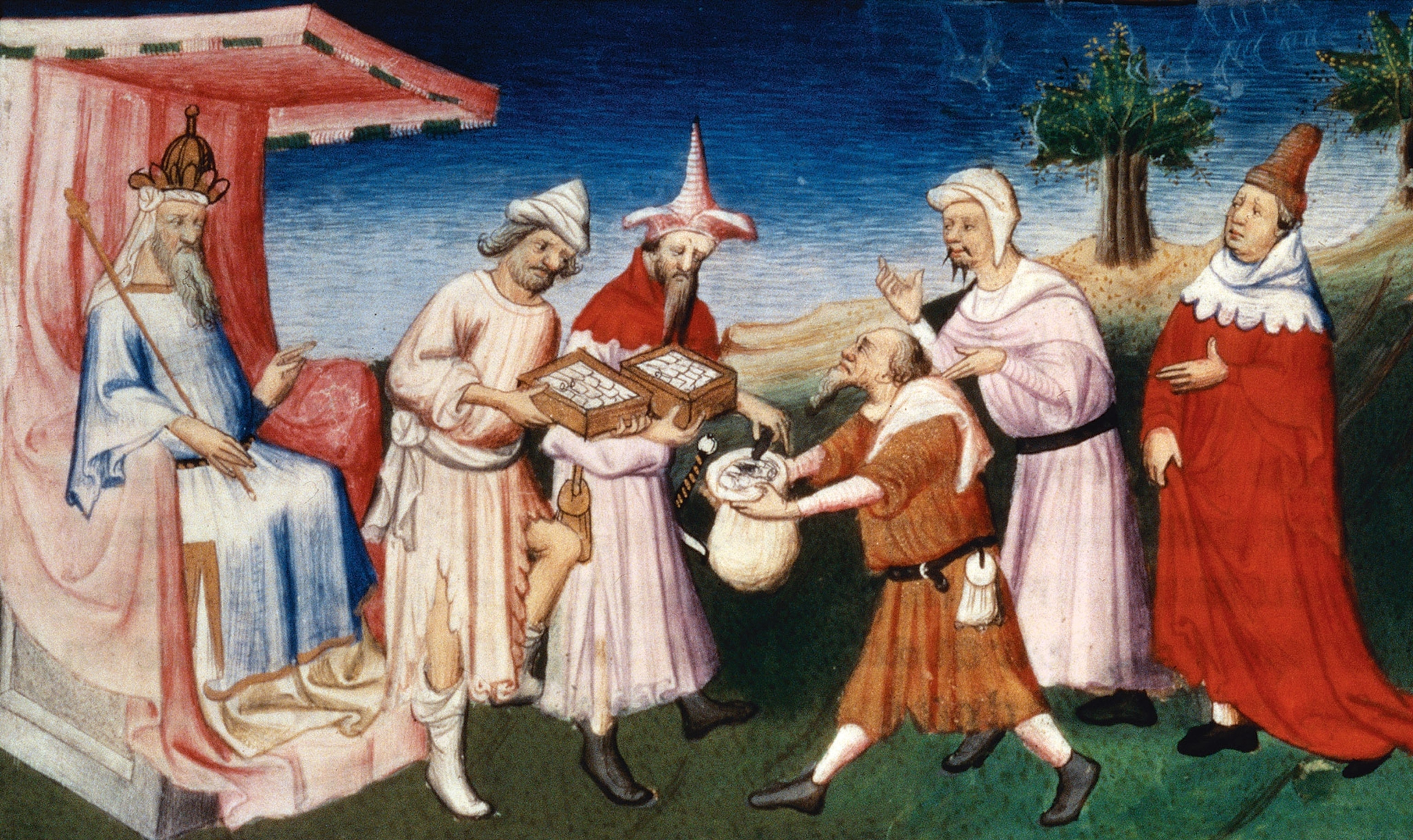
Shangdu (anglicized as Xanadu in Samuel Taylor Coleridge’s famous 1816 poem “Kubla Khan”) became Kublai’s summer capital in 1274. Little remains of its splendor today; dark brick walls still stand, but the magnificent palace with marble and gold-plated rooms described by Marco Polo is gone. After the Yuan dynasty fell in 1368, the city lingered but was most likely abandoned by 1430. Today the site is designated a UNESCO World Heritage site.
By the time of Polo’s visit, in the mid-1270s, Shangdu was already being relegated to the role of summer palace. To center the empire more in Chinese territory, the capital shifted southeast to Dadu (today the site of Beijing), also on the advice of Liu. Marco Polo became famous for having served in the court of Kublai, an event that demonstrates the khagan’s openness to foreign customs. Whether marked by notable military failures—such as his attempted invasions of Japan in 1274 and 1281, or successes such as the conquest of Vietnam and Burma—Kublai’s later reign relied heavily on non-Mongol military personnel and on foreign advisers.
Even so, the Yuan hierarchy was rigid: Mongols occupied the top of the heap, followed by Central Asians and then the Chinese. Despite Kublai’s reliance on some Chinese as close advisers, Chinese nobles resented how they were shut out of the top positions in the Yuan government, and how the Yuan abolition of the civil service exams essentially cut off the chance of employment and social ascent for the brightest and best in Chinese society. Mongols, meanwhile, resented the increasingly China-centered nature of Kublai’s imperial power structure.
Kublai had already chosen his grandson Temür as his successor when he died at age 79, in 1294. He said that his body—the location of which is now lost—should rest alongside that of his grandfather Genghis in Burkhan Khaldun, a mountain in northeastern Mongolia. In spite of the years he lived in China, Kublai’s heart always belonged to the Mongol steppe.
The conquest of China, where he forged the Yuan dynasty, would stand as his greatest achievement. Yet he could not have done so without adopting Chinese customs, thus alienating Mongol aristocrats who regarded the Chinese as inferior. This tension between the Mongol elite and its subject peoples— especially the Chinese—played a major role in destabilizing Mongol rule. Although at his death Kublai would leave an empire that was relatively stable and prosperous, it would survive him by less than a century.
